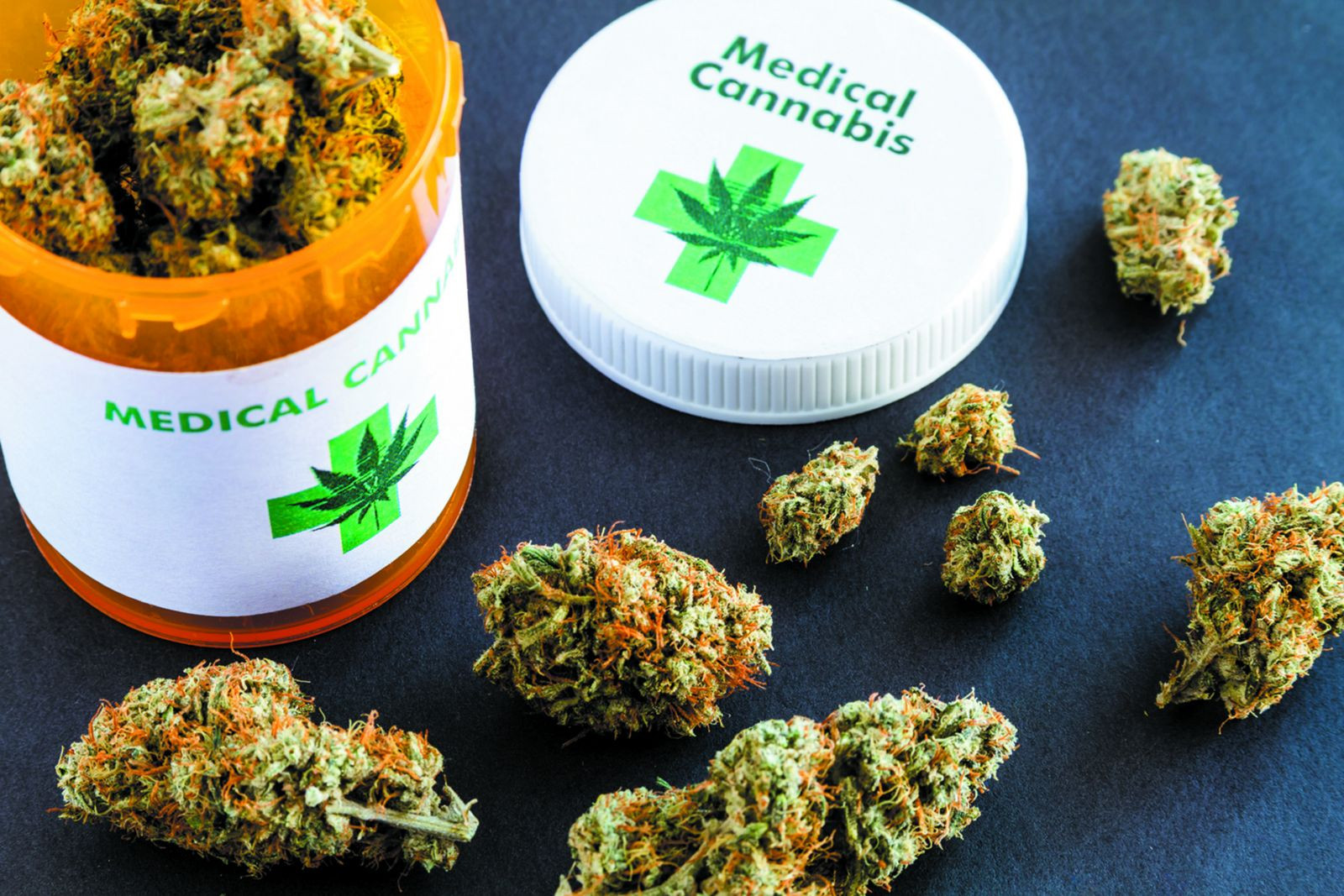Shedding Light on What Medical Marijuana Can Treat: a Comprehensive Analysis of Its Healing Residences
In current years, there has been an expanding rate of interest in the healing capacity of medical cannabis. While unscientific evidence abounds, a complete assessment of the scientific data relating to the efficiency of clinical marijuana in treating these conditions is required.
Persistent Discomfort Administration
Persistent discomfort administration stays a vital facet of clinical treatment, requiring a thorough method for reliable therapy. In recent times, clinical marijuana has arised as a possible healing alternative for people struggling with persistent pain conditions. The endocannabinoid system, which plays a crucial duty hurting modulation, has been targeted by cannabis-based treatments to enhance and minimize signs and symptoms lifestyle for clients.

Furthermore, clinical marijuana supplies a promising option for people that experience unbearable adverse effects from standard pain drugs. Its capacity to deal with pain with a different device makes it an important addition to the toolbox of treatments available for persistent pain management.
Epilepsy Therapy Potential
Medical marijuana has actually revealed encouraging possibility in the treatment of epilepsy, using an unique restorative method for managing seizures in people. Epilepsy is a neurological problem identified by recurring seizures, influencing people of every ages. Conventional therapies for epilepsy include antiepileptic medications, however these medications might not work for all individuals and can have significant side effects.
Study on using clinical marijuana for epilepsy has disclosed motivating outcomes. Cannabidiol (CBD), a non-psychoactive substance found in marijuana, has been specifically highlighted for its anticonvulsant properties. Studies have shown that CBD can lower the frequency and extent of seizures in individuals with treatment-resistant types of epilepsy, such as Dravet syndrome and Lennox-Gastaut disorder.
Additionally, the FDA has accepted a CBD-based medicine, Epidiolex, for the treatment of seizures related to these extreme forms of epilepsy. This milestone highlights the growing acknowledgment of medical cannabis as a valuable therapeutic option for taking care of epilepsy and offers wish for people that have not reacted well to conventional treatments.
Queasiness Alleviation Advantages
The relief of nausea through using marijuana has actually been progressively acknowledged for its therapeutic benefits in various clinical problems. Nausea and throwing up are common signs experienced by clients going through radiation treatment, those with food poisonings, and people with chronic discomfort problems. Medical cannabis, with its active substances such as THC and CBD, has actually shown guarantee in giving alleviation from nausea or vomiting.

In addition, clinical cannabis offers an all-natural option for people that do not react well to typical anti-nausea medications or that experience extreme side results from these medicines. Patients going through chemotherapy, specifically, have actually reported considerable improvements in their lifestyle when using cannabis to manage queasiness. As research around proceeds to expand, clinical cannabis is increasingly being considered as an important option for nausea or vomiting alleviation in numerous medical setups.
Anxiousness Decrease Impacts
Researches have shown the potential of cannabis in minimizing stress and anxiety signs and symptoms via its communication with the endocannabinoid system. The endocannabinoid system plays an important role in regulating emotions, including anxiousness, by maintaining homeostasis in the body. Cannabinoids in marijuana, such as THC and CBD, communicate with the endocannabinoid receptors in the brain, especially the CB1 and CB2 receptors, to regulate anxiety-related actions.

Clients with conditions like generalised anxiousness disorder (GAD), social anxiety disorder, and trauma (PTSD) may take advantage of the anxiolytic buildings of marijuana (Medical Marijuana Doctor Near me). More research study is needed to figure out optimum dosages, shipment techniques, and long-lasting results on stress and anxiety administration.
Prospective for Swelling Control
With its well-known anti-inflammatory residential or commercial properties, cannabis has shown assurance in possibly managing inflammation within the body. Inflammation is the body's natural reaction to injury or infection, but when it becomes persistent, it can add to numerous conditions see this page such as joint inflammation, inflammatory digestive tract disease, and even cardiovascular disease. Research suggests that the cannabinoids located in marijuana, such as THC and CBD, can aid minimize and manage the immune response inflammation.
Research studies have shown that marijuana can communicate with the endocannabinoid system, which plays a crucial function in managing inflammation. By targeting the cannabinoid receptors, marijuana substances can modulate the immune feedback, causing a decrease in swelling degrees. This makes marijuana a potential prospect for managing inflammatory problems where typical therapies have failed.
In addition, cannabis-derived items like CBD oil have gotten appeal for their anti-inflammatory click for more homes, with numerous people using them as a natural treatment for conditions connected with swelling. While even more research is needed to totally comprehend the mechanisms behind marijuana's anti-inflammatory results, current findings reveal encouraging outcomes for the possible use of medical marijuana in managing inflammation.
Conclusion
Finally, medical marijuana has actually shown appealing restorative properties in managing chronic discomfort, treating epilepsy, soothing queasiness, lowering anxiety, and controlling swelling. Its prospective benefits in numerous medical conditions highlight the significance of more research study and expedition into its medical use. The proof recommends that clinical marijuana could be a valuable choice therapy choice for people seeking relief from a variety of symptoms and problems.
In current years, clinical cannabis has arised as a possible therapeutic option for individuals enduring from chronic discomfort problems.Clinical cannabis has actually shown appealing capacity in the therapy of epilepsy, providing an unique healing approach for taking care of seizures check my blog in patients. As research study in this location continues to expand, clinical cannabis is progressively being taken into consideration as a beneficial choice for nausea or vomiting alleviation in various medical setups.
In final thought, medical cannabis has shown encouraging healing properties in managing persistent discomfort, dealing with epilepsy, easing nausea, lowering stress and anxiety, and regulating inflammation. The proof suggests that medical cannabis might be a useful alternative treatment alternative for patients looking for alleviation from an array of symptoms and conditions.